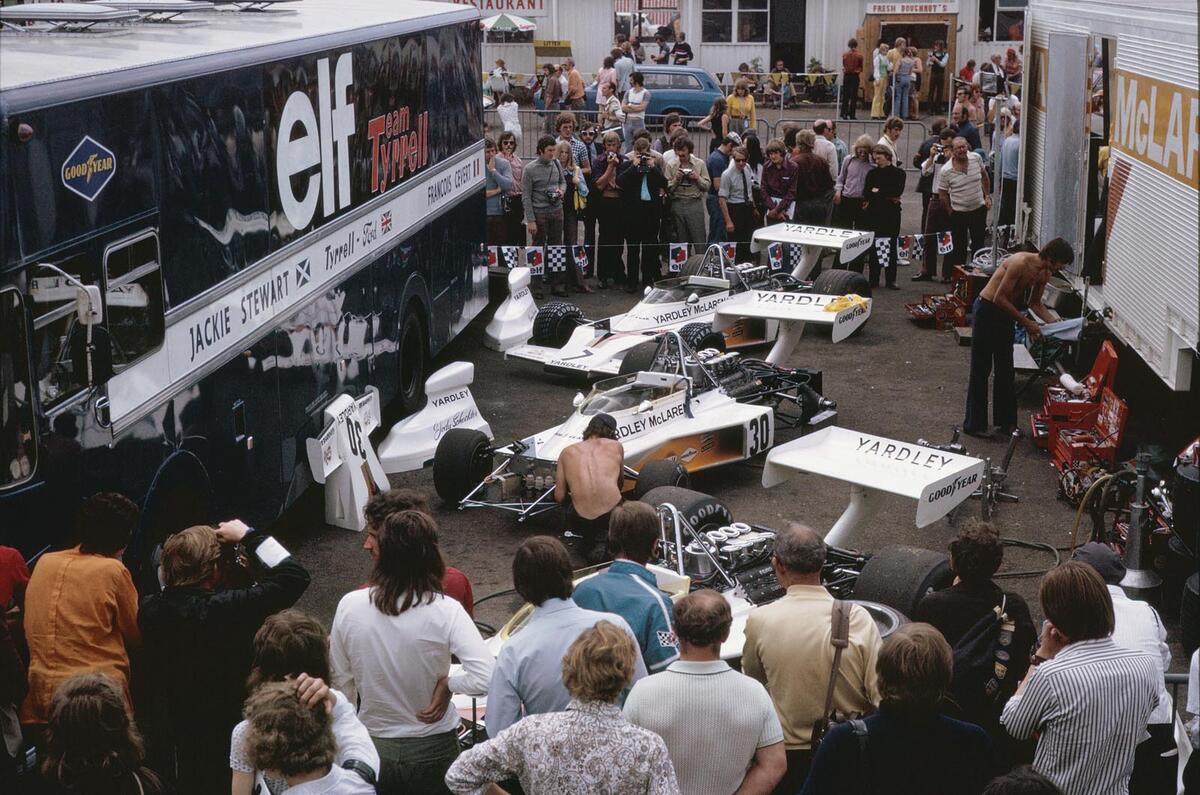If you’re queuing and someone in front of you invites his friends to join the line, you won’t be too happy, will you?
In effect this is what F1 boss Bernie Ecclestone is proposing for the sport. His contracts with the FIA mean that he must supply 20 cars for every race, but he’s worried that some of the teams at the back won’t survive, hence the suggestion that some teams might run three cars.
The problem is that it’s unfair to those at the back who have long battled to get to the front. It’s also bad for F1 because it will weaken the manufacturing base of the motorsport industry.
If one or more of the big teams decide at some point to quit F1, it will be less easy to find replacements if the midfield outfits have been wiped out. The same thing has happened in Nascar, where the big teams, each running three or four cars, have a stranglehold on success – and money.
The fact that Ecclestone is going on about the subject so much suggests that he’s worried he might end up without enough cars on the grid. If that happens, the FIA might be able to cancel the 100-year deal that has led to half or more of the revenues leaving the sport and lining the pockets of private equity men and their investors.
The rules that govern F1 are clauses in commercial contracts which Ecclestone insists are private. Having secret rules in a sport means that there is much confusion. If the legal commitment to ensure that there are 20 cars at every race isn’t honoured, there is a danger that the FIA will declare the FIA-FOM contract to have been breached and it would then grab back the commercial rights and create a completely different structure that would divide up the revenues in a different way.
The end of the current system would also bring to an end the situation which makes some teams more equal than others when it comes to earnings. Many believe that it is wrong to give the big teams more money simply because they have been around a long time; they feel that teams should receive rewards based solely on results.
Our understanding is that teams are currently committed to do their best to provide extra cars if the field drops below 20. This is not obligatory for teams that can show that they cannot afford more cars, and it is believed that the teams that will have to supply extra cars are decided by ballot. Teams could earn money by selling a third car to a driver or sponsor, but it all smells a bit of desperation.
The idea that third cars would be good for the teams is flawed. Any results scored by third cars wouldn’t count, but the positions would not be given to the next best finisher and would simply be left open. Thus the middle-ranking teams would be pushed further down the order and would struggle even more to raise money.
The idea that the agreements can be changed is also flawed. The change would require agreement from all the signatories, but with half the teams and the FIA against the idea, it is not going to happen.



Join the debate
Add your comment
Yawn
And as for DRS...
Three car teams - would be great!